Germany COVID infections hit highest as France sees record hospitalizations
Germany’s new coronavirus infections have soared alarmingly, touching the highest level since the start of the pandemic, public health figures showed on Monday.
Robert Koch Institute, the German federal government agency tasked with disease control and prevention, said the infection rate had increased to 201.1 new cases per 100,000 residents over the past seven days, higher than the previous record of 197.6 December last year.
The new cases rose to 4,782,546 from 4,767,033 a day earlier while the number of deaths jumped by 33 to reach a total of 96,558, reports said.
The latest surge comes as Germany continues to struggle to find ways to convince unvaccinated residents to get their vaccine shots.
Germany’s Health Minister Jens Spahn has called the fourth wave “the pandemic of the unvaccinated”, in a swipe at the people who have displayed reluctance in getting inoculated.
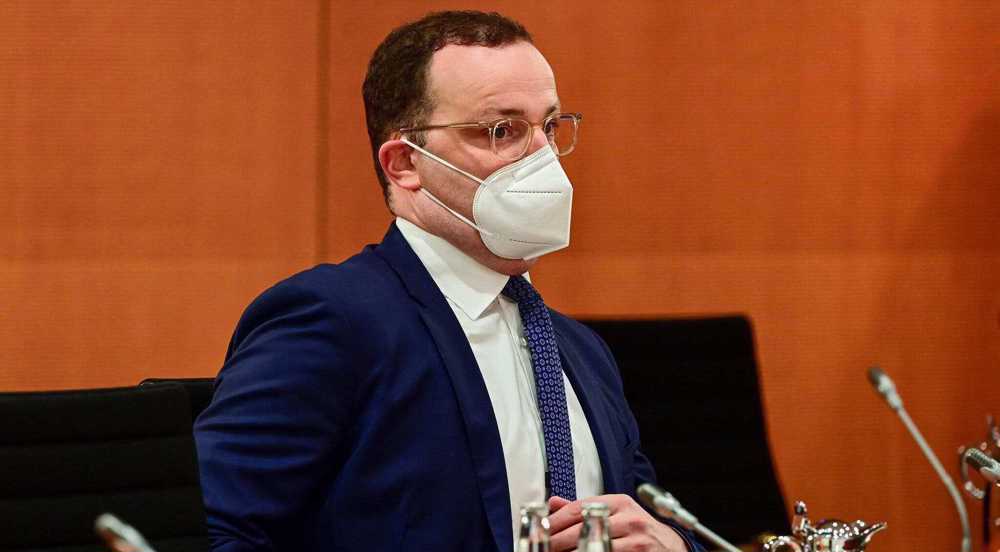
The government in Berlin has been hesitant on making vaccination mandatory for its citizens, as vaccine skepticism is widespread.
Official figures show one in three people remain unvaccinated in the western European country.
Old East Germany uptake of vaccine is 10 percent under the national average, while the number of new cases stands above the national average.
“We will only be able to cope with the burden of all emergencies if savings are made somewhere else,” Christian Karagiannidis, scientific director at the DIVI association for intensive and emergency medicine, was quoted as saying by Augsburger Allgemeine newspaper.
He also pointed out that some scheduled operations would have to be postponed with the coming of the new coronavirus peak.
The three German parties, in talks to form a coalition government by early December, have presented a draft law to allow for measures such a compulsory facemasks and social distancing in public spaces. The plan also includes the reintroduction of free tests.
However, the parties have also agreed to not impose a nationwide state of emergency. The draft suggests the law to be enforced until March next year.
The draft law presented late on Monday is due to be presented to the Bundestag lower house of parliament on Thursday and to be put to vote during next week’s session.
France still tottering
In France, a total of 2,197 fresh COVID-19 infections were identified over the past 24 hours, bringing the total to 7.22 million cases since the start of the pandemic.
The number of daily infections has shot up by nearly 25 percent in past one week, prompting speculation about the mandatory third vaccine jab.
The seven-day moving average of new cases has risen to 7,277 cases.
The country is grappling with a new wave of the pandemic with the number of patients in intensive care units (ICUs) increasing to more than 1100, according to reports.
Although nearly 75 percent of the population has been inoculated against the coronavirus, the threat continues to persist with the pace of new vaccinations slowing down.
On Monday, schoolchildren in many parts of the country were asked to again wear face masks in class, less than a month after being allowed to remove them.
French President Emmanuel Macron is expected to speak on national television Tuesday to give an update on the Covid-19 situation across the country.
Worldwide cases soaring
Worldwide COVID-19 cases breached the 250 million mark on Monday with many countries easing trade and tourism related restrictions, even though eastern Europe continues to be the worst affected.
The daily average of COVID-19 infections has dropped by 36 percent over the last three months but the highly transmittable Delta variant of coronavirus is spreading exponentially, infecting approximately 50 million people every 90 days, according to a Reuters analysis.
More than half of all new infections reported worldwide are from countries in Europe, with a million new infections about every four days.
"We think between now and the end of 2022, this is the point where we get control over this virus ... where we can significantly reduce severe disease and death," World Health Organization (WHO) epidemiologist, Maria Van Kerkhove, was quoted as saying by Reuters on Monday.
VIDEO | Press TV's news headlines
VIDEO | Istanbul demonstrators voice support for Iran amid US tensions
VIDEO | Israeli settlers attack Palestinian Bedouin community, injure 13
Palestinian Ambassador’s residence in Tehran attacked amid terror wave
Syria's HTS regime agrees to truce with SDF after its troops advance
EU mulls over $100bn in US retaliatory tariffs over Greenland
VIDEO | Trump's presence sparks major protests at Davos Forum
President Pezeshkian vows historical Iran-Iraq relations will remain stable


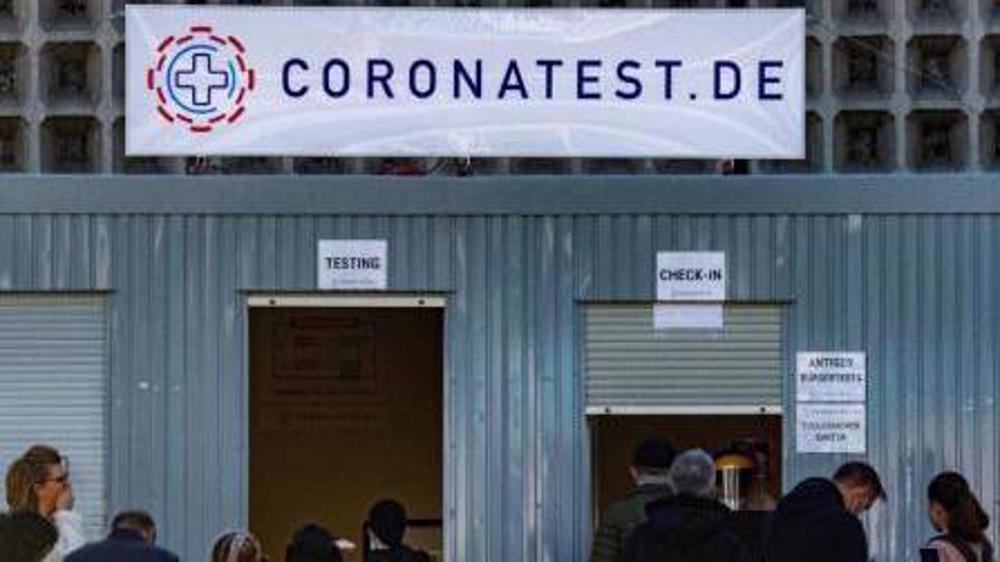
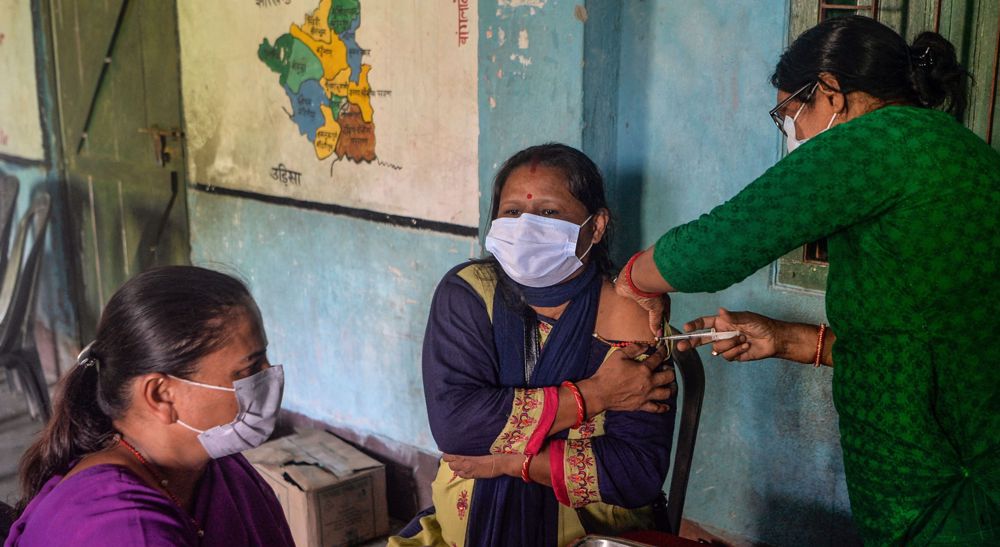






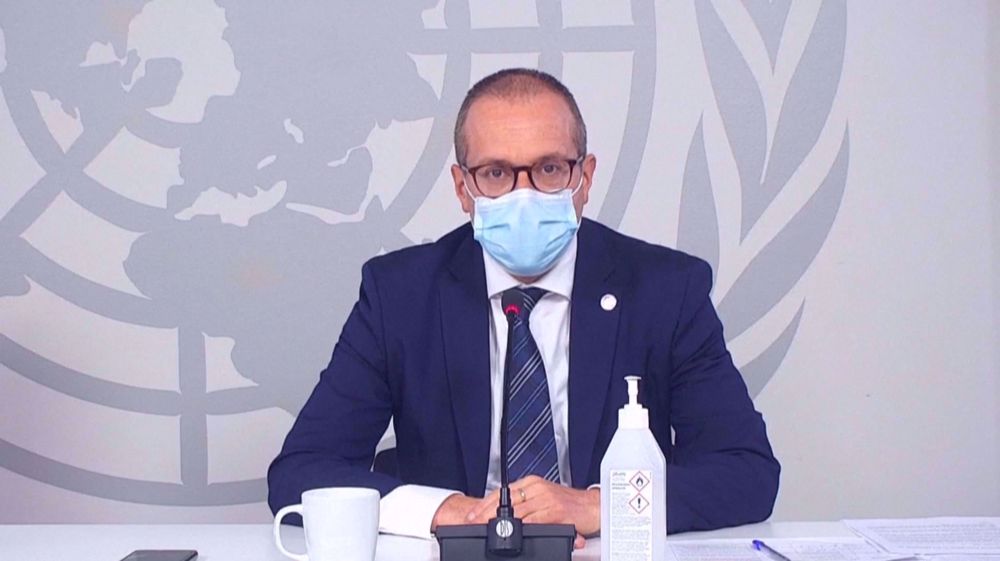
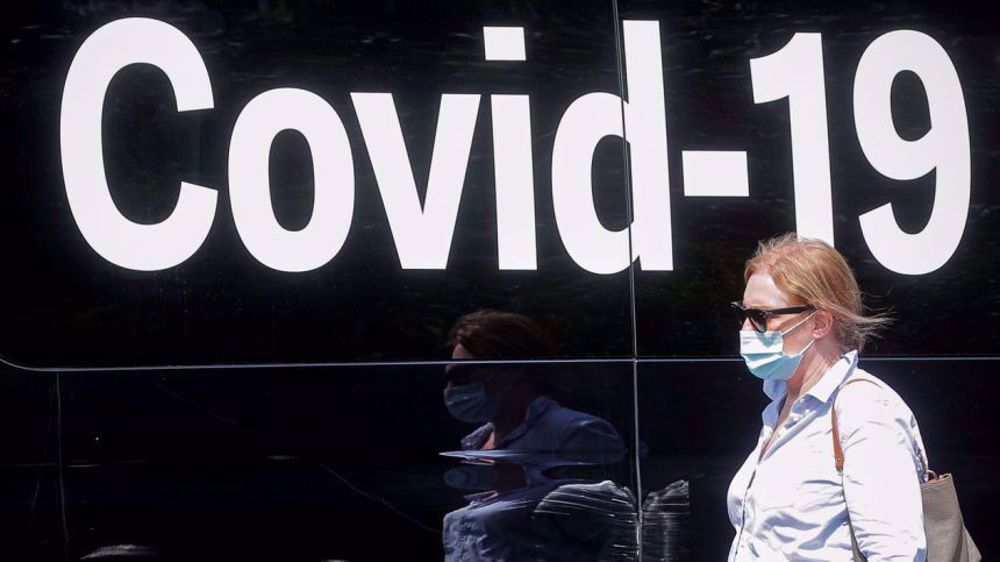
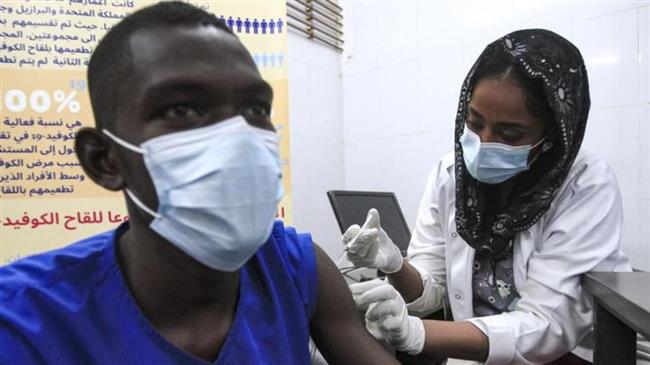
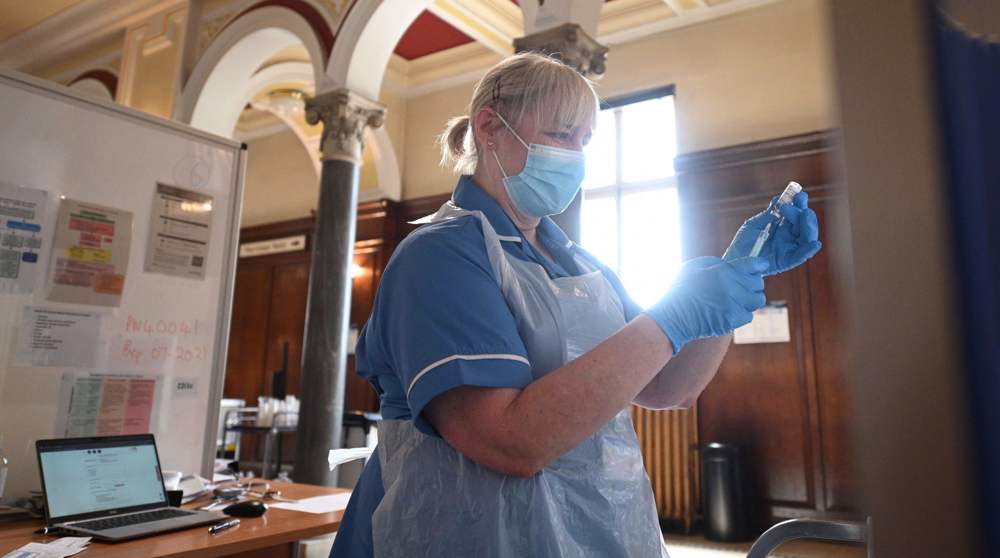


 This makes it easy to access the Press TV website
This makes it easy to access the Press TV website